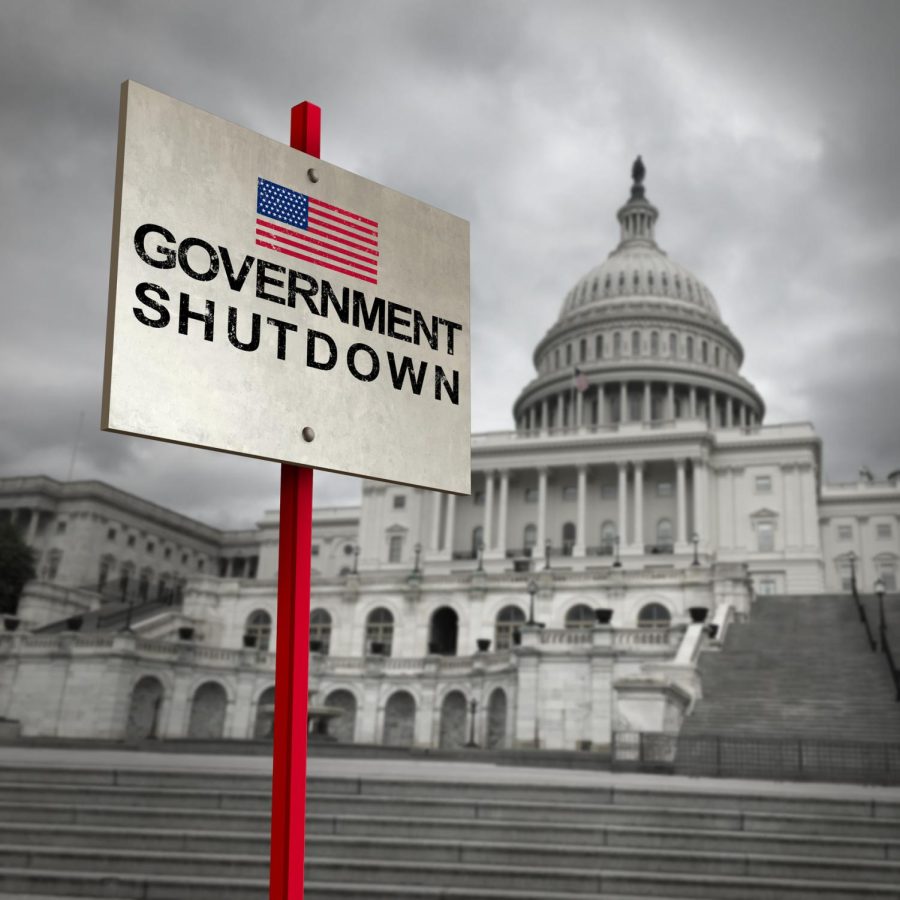A Week into an Almost Government Shutdown
October 9, 2021
On September 30, 2021, just as time was running out, President Joe Biden was able to sign legislation to avoid a partial federal shutdown.
This short-term appropriations bill will keep the government up and running until December 3rd. The votes from the Senate and the House helped find one solution, and now they must find a way to raise the government’s borrowing cap before it turns into an even bigger problem. The Senate approved the vote by a 65-35 vote while the House vote was split 254-175. According to the New York Times, the national debt now is at an astonishing $28.43 trillion while the current borrowing cap is set at $28.4 trillion. Since the government is at least temporarily funded, Democrats wish to focus on how to raise the limit on federal borrowing. Treasury Secretary Janet Yellon has stated that if the cap is not raised by October 18th, the US will most likely face a financial crisis and economic recession.
The short-term spending legislation, which was approved, will help provide for disaster relief to help farmers recover from crop losses due to droughts and wildfires as well as resettle and support Afghanistan refugees.
The longest shutdown in history lasted from midnight on December 22, 2018, to January 25, 2019. The government shutdown was only a partial closure because Congress had already executed five of the twelve appropriations bills. The shutdown in 2018-2019 lowered economic activity by almost $3 billion.
When asked about one of the biggest results that come from a government shutdown, Jodi Burgess, social sciences and special education teacher at Briar Woods, said, “It has a knock-on effect… because across the board, the students have a hard time paying attention in class, it affects their learning because they’re worried about stuff at home. If you don’t have stable money coming in then that increases your stress at home.”
When asked about what they think was one of the biggest contributing factors leading up to a government shutdown, Michael Silliman, a history teacher at Briar Woods, said, “It’s always politics; sometimes you’ll have an issue that is realistic and needs to be pushed and needs to have the shutdown but [he] wishes there was another way to recognize it. [He isn’t] as scared of a government shutdown as he is of the debt ceiling.”
A potential shutdown would have far reaching consequences, and according to CBS News, all Americans would feel the impact. Loans could be put on hold, national parks would close down, and, according to the Committee for a Responsible Federal Budget (CRFB), the IRS could “stop verifying income and Social Security numbers.” It is important to read up on government news to stay informed; high schools are educating tomorrow’s leaders. Knowledge is power.



